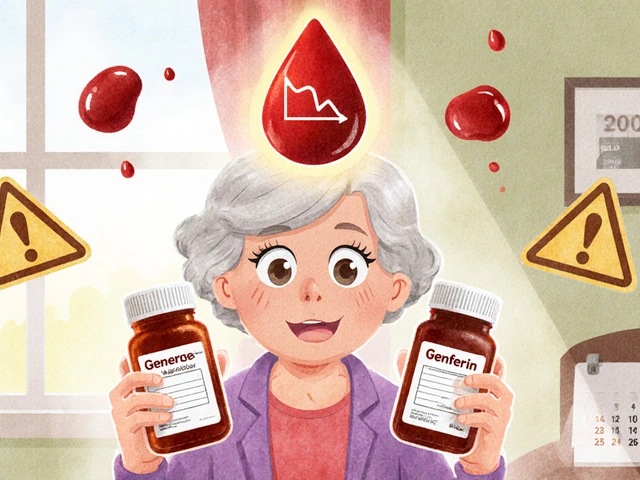Hypertension Treatment: Proven Options to Lower Blood Pressure
When you start looking into Hypertension Treatment, the set of medical and lifestyle actions used to lower high blood pressure and reduce heart disease risk. Also known as high blood pressure management, it brings together drugs, daily habits, and regular check‑ups to keep your numbers in a safe zone. ACE inhibitors, drugs that block the conversion of angiotensin I to the vasoconstrictor angiotensin II and beta blockers, medications that slow heart rate and reduce cardiac output are two of the most common pills prescribed. In simple terms, hypertension treatment includes medication, lifestyle changes, and ongoing monitoring – a three‑part approach that works together to bring pressure down.
Medication Options for Blood Pressure Control
The drug side of hypertension treatment isn’t a one‑size‑fits‑all deal. Diuretics, often called water pills, help the kidneys eliminate excess salt and fluid are usually the first step, especially for people with fluid retention. From there, doctors may add ACE inhibitors to relax blood vessels, or beta blockers when a slower heart rate is needed. Calcium channel blockers, angiotensin II receptor blockers, and newer combination pills fill gaps when single agents aren’t enough. The key semantic link here is clear: effective blood pressure control requires both ACE inhibitors and lifestyle modifications, because meds lower the pressure while habits keep it low. Studies show that patients who stick to a medication plan and also tweak daily routines see a 30 % bigger drop in systolic numbers than those who rely on pills alone.
Speaking of daily routines, lifestyle modifications, changes in diet, activity, stress handling, and sleep that naturally lower blood pressure are the silent powerhouse behind lasting results. Cutting back on sodium, loading up on potassium‑rich foods like bananas and leafy greens, and embracing the DASH diet can shave off several points without a single tablet. Regular aerobic exercise – even brisk walking for 30 minutes most days – improves vessel elasticity and helps the body use insulin more efficiently, which indirectly eases pressure. Stress management techniques such as deep breathing, meditation, or hobbies also play a role; chronic stress spikes cortisol, which nudges blood pressure upward. In short, hypertension treatment isn’t just about the pharmacy shelf; it’s a lifestyle overhaul that supports the medicines you take.
Below you’ll find a curated set of articles that dive deeper into each of these pieces. Whether you’re curious about how a specific drug class like ACE inhibitors works, need guidance on buying affordable generic meds, or want practical tips for cooking heart‑healthy meals, the collection covers the whole spectrum. Use these resources to build a personalized plan, compare options, and stay ahead of the curve in managing your blood pressure effectively. Let’s explore the details together and help you take control of your health journey.



